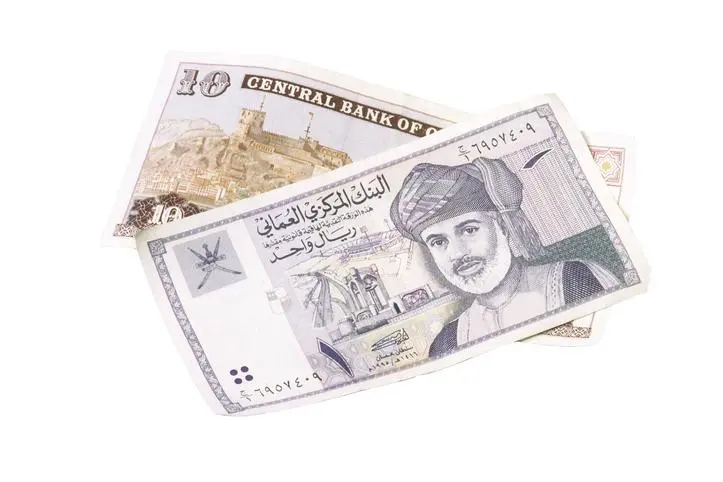PHOTO
MUSCAT - With rising oil prices helping whittle down a debt burden presently equal to as much as 50 per cent of GDP, the Sultanate will likely see balanced budgets from 2023 onwards, according to an economist of the State General Reserve Fund (SGRF), a sovereign wealth fund of the Sultanate of Oman. Samra al Harthy, Acting Senior Manager — Economic Research, attributed the positive outlook to, among other things, expectations that oil prices will remain stable on the back of a sustained joint Opec / non-Opec effort to rebalance oil markets. Restrained spending, coupled with the introduction of new revenue streams like Value Added Tax (VAT), are also key factors, she noted.
Samra offered the assessment during a presentation of the theme, ‘Oman/GCC Regional Economic Outlook’, at the Oman Debt Capital Markets Conference held in Muscat on Wednesday. The day-long event was organised by The Gulf Bond and Sukuk Association (GBSA) in collaboration with Oman’s Capital Market Authority (CMA). The economist characterized 2018 as a “Year of Improvements” capping three years of fiscal turbulence kicked off by the collapse in international oil prices in 2014. “The past three years have, no doubt, been testing and challenging times for the region’s policymakers,” said Samra. “This has been a region that grew accustomed to high oil revenues, fiscal and current account surpluses, and stable financial conditions, and almost overnight the region found itself having to deal with new challenges and problems.”
Between 2015 and 2017, the GCC region accumulated over $350 billion in fiscal deficit, $76 billion in current account deficits, over $270 billion in foreign exchange losses, and an over $200 billion drop in governments’ financial net worth, she pointed out.
But the tide has been turning, Samra noted. Citing the International Monetary Fund’s (IMF) latest global and regional projections, released late last week, she said Oman’s GDP growth has been projected at 2.1 per cent in 2018, based on the assumption that the Opec/non-Opec pact — to which non-Opec Oman is a signatory — will continue beyond the end of this year. GDP growth is expected to tick up to 4.2 per cent in 2019, buoyed by joint Opec/non-Opec efforts to support oil prices above $60 per barrel.
“Indeed, I call 2018 as the Year of Improvements — the worst is behind us, oil prices have stabilized, we have survived low oil prices as low as $27 barrel in January 2016,” she remarked.
2017, said Samra, was “a very good year” for the global economy” which grew by around 3.8 per cent based on IMF figures.
“We expect the synchronized recovery to continue in 2018”, with the IMF projecting a 3.9 per cent uptick in growth. For the GCC region, this brightening outlook means higher demand for oil which, coupled with the Opec/non-Opec production curbs, should help support oil prices at current levels, she said.
“We expect Brent to average $65-70 per barrel this year, which is positive for the region, given that most GCC governments have based their 2018 budgets at $50/b. So if they stick to their expenditure plans, they are likely to beat their fiscal forecasts and (enjoy) a bit of fiscal flexibility as well.”
GCC governments, the SGRF economist said, are expected to keep their spending flat or slightly higher this year despite the increase in oil prices. Growth rate across the region will average 2.2 per cent over the next two years, although this could depend on oil markets and how much diversification is achieved in the region.
Citing IMF figures, Samra said that growth is forecast at 2 per cent in the region this year. Bahrain is projected to grow at around 3 per cent, while Kuwait and Saudi Arabia contracted law year because of the size of their production cuts. Both producers are expected to see a rebound this year.
On the deficit front, there are expectations that deficits will start shrinking, albeit at rates based on the size of the debt burden racked up individual member states. Growth in fiscal deficit for Oman, Bahrain and Saudi Arabia is likely in single digits — from double digits in past years. If things go according to plan, most GCC economies will begin to balance their budgets from 2021.
However, Oman and Bahrain, encumbered by comparatively larger deficits, will likely see budget balancing from 2023, she added.
© Oman Daily Observer 2018




















